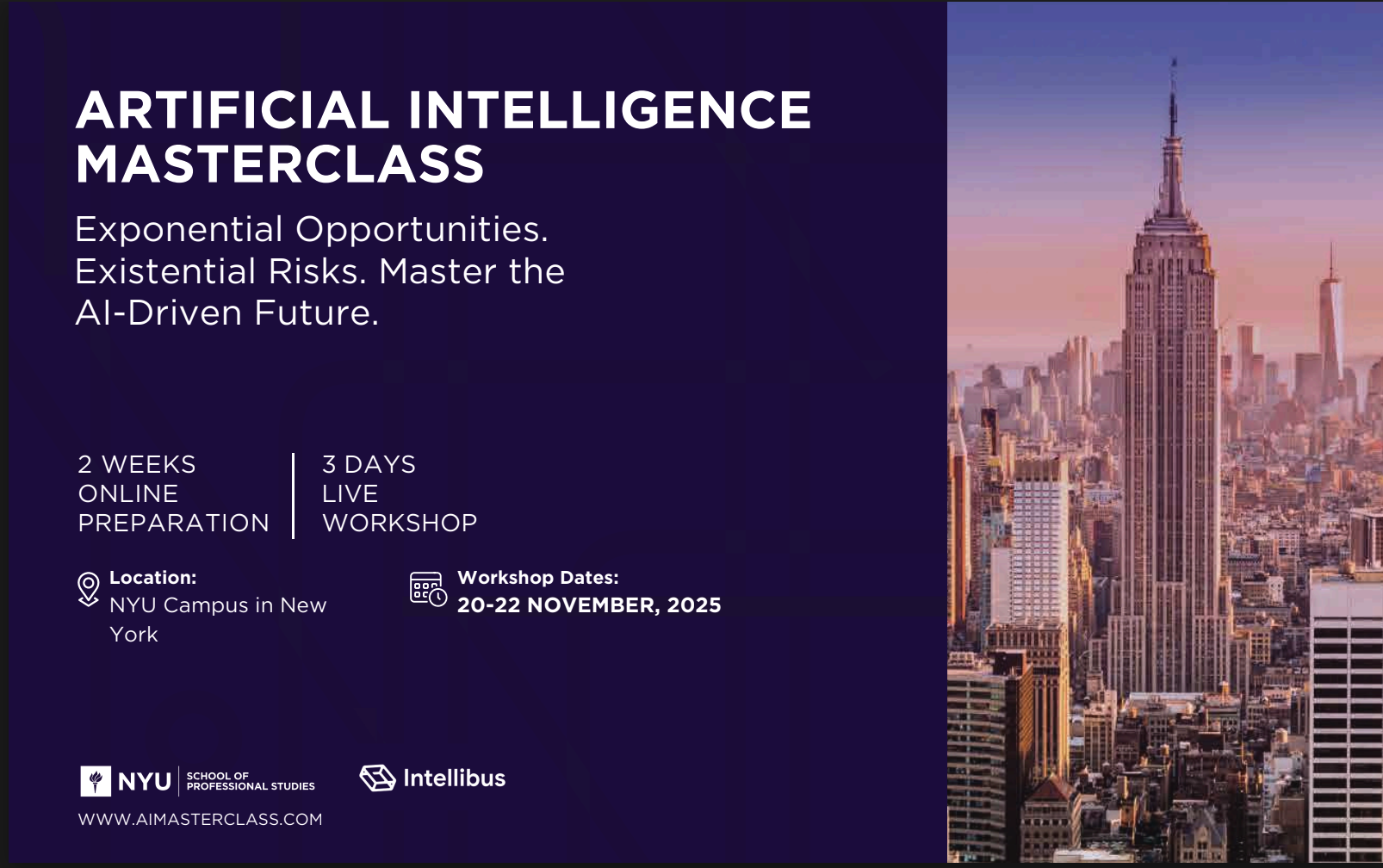What is Knowledge Representation?
Knowledge Representation in Artificial Intelligence
Knowledge representation is one of the most critical aspects in the discipline of Artificial Intelligence. Simply put, Knowledge Representation (KR) is a method to encode, organize and present data or information in a manner that a system can interpret and utilize. It is akin to forming a map of knowledge and provides a proper structure to data so it can be effectively exploited by machines — and humans too.
Key Features of Knowledge Representation:
Organized Structure
The purpose of knowledge representation is to present data in a structured pattern, eliminating chaos and giving rise to intelligibility. The array of knowledge is organized coherently and systematically to make it readily accessible and comprehensible.Role in Decision-Making
It plays a pivotal role in automated decision-making processes. A good knowledge representation ensures the model extrapolates necessary and accurate information to make informed decisions.Variety of Languages
Knowledge representation uses an array of languages like RDF, OWL, or XML, underpinning the interconnection and interoperability.
- Semantic Web
Knowledge representation is the backbone of the semantic web, facilitating the web understanding, sorting, integrating, and using data.
Artificial Intelligence Master Class
Exponential Opportunities. Existential Risks. Master the AI-Driven Future.
Advantages of Knowledge Representation
- Structured Information: The data is structured logically and comprehensibly, enhancing accessibility and facilitating efficient data mining.
- Simplified Data Analysis: Knowledge representation simplifies data analysis process by providing a systematic structure to the data.
- Better Decision-Making: It significantly contributes in decision-making processes by offering a well-illustrated map of knowledge which further helps in choosing the best and most relevant information.
- Automation: Large amount of data and knowledge can be automatically processed and managed, resulting in smoother workflows and reducing the need for human intervention.
Disadvantages of Knowledge Representation
- Complexity: Developing effective knowledge representation can be a rather complex process depending upon the size and nature of the data.
- Cognitive Limitations: There are certain cognitive limitations with knowledge representation as it's intended to replicate human cognition, something that is far from straightforward.
- Inaccuracies: If the data is represented inaccurately, it can lead to false conclusions and can significantly impact decision-making process.
Implementation of Knowledge Representation
The implementation of knowledge representation involves a series of steps beginning with the creation of a data model. This model represents the conceptual framework of the data and serves as a system of logic for the understanding and interpretation of the data. Next, the data is structured according to the model and then organized in a way that accurately reflects the relationships and associations between various data points.
After the data is organized, it's processed and managed to effectively serve the intended purpose, which can be anything from data analysis, decision-making, prediction, among others. Supporting tools and methods like data visualization and statistical analysis are also often employed as part of an overall strategy of knowledge representation.
Successful implementation involves careful planning and analysis to ensure the chosen method of knowledge representation is suitable for the specific needs and characteristics of the data. Therefore, understanding these foundational concepts is essential to build intelligent systems that can effectively and intelligently work with knowledge and data.
In essence, knowledge representation is not merely about storing data, but about structuring it logically and systematically to enable its optimal utility. With the surging amount of data, the importance of knowledge representation isn’t likely to wane anytime soon. Rather, it is set to shape many facets of modern computing and will significantly contribute to the development and success of artificial intelligence.
Take Action

Download Brochure
- Course overview
- Learning journey
- Learning methodology
- Faculty
- Panel members
- Benefits of the program to you and your organization
- Admissions
- Schedule and tuition
- Location and logistics



